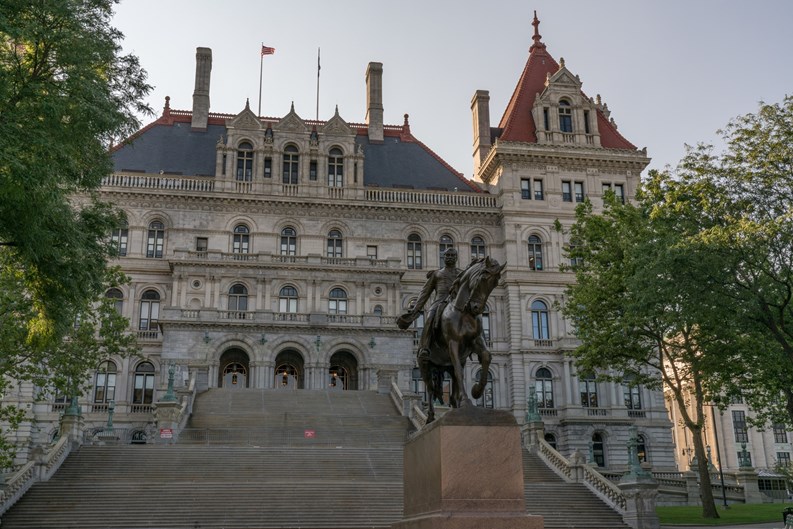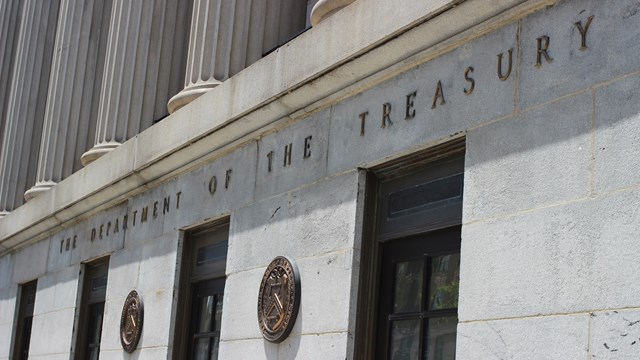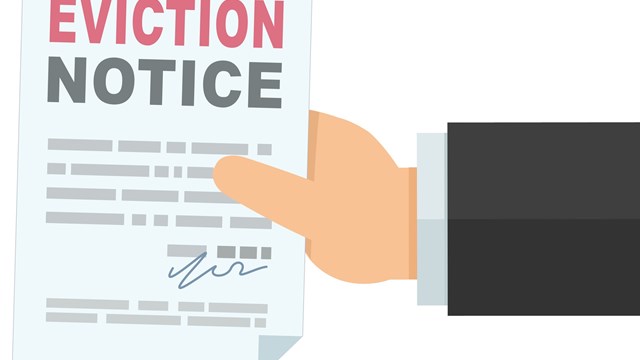The introduction of New York State Senate Bill S7541 has raised the specter that shared-interest communities, including co-ops and condominiums, may have to release the results of engineering reports, inspections, and permits to residents, prospective purchasers, and potentially others. While transparency is certainly desirable in these types of communities, the question for boards is when and for what reasons that transparency may result in misunderstandings of potential outcomes. CooperatorNews discussed the issue with Mark Hakim, a partner at the Manhattan-based law firm of Schwartz Sladkus Reich Greenberg & Atlas.
CooperatorNews: Senate Bill S7541 established transparency guidelines for condominium and cooperative housing units. Can you outline briefly for our readers what event led to the bill and what’s in it?
Mark Hakim: “Following the Surfside condominium building collapse in Florida and the partial collapse of a building in South Carolina which had to be evacuated due to unsafe conditions, the New York State legislature is attempting to make New York the third state in the union behind Florida and New Jersey to strengthen its transparency regulations. The proposed legislation would require boards and agents of all New York State condominium and cooperative apartment buildings to provide information on engineering reports, inspections, and permits to shareholders/unit owners, prospective purchasers, and to municipalities, when applicable. While the bill has been approved by the New York State Senate, it has not yet been approved by the State legislature, and must then be signed by the Governor.”
CN: How will the bill affect co-op and condo communities? Positive impacts? Negative impacts?
MH: “This bill would require boards to maintain and deliver to owners and prospective purchasers records related to engineering reports, permits, and inspections, and to provide those reports, as well as certain other information, both digitally and physically. Buildings will have to come up with a plan for compliance, which would entail not only providing those documents, but updating and removing old ones. It will add yet another burden to an already overburdened property management community struggling to keep up with the day-to-day operations of the buildings and the onslaught of local and other laws.
“The major negative impact of the proposed legislation is the revocation of offering plans as a possible consequence for non-compliance. Offering plans are necessary to initially sell apartments, but are generally no longer applicable for resales. A boards’ failure to comply may also expose the board and their building to liability, including a possible breach of their fiduciary duty. Other possible negative impacts range from how to comply, associated costs of compliance…liability for noncompliance, delays in individual purchaser diligence, and additional costs to purchasers who may need to engage professionals to parse through the material and break it down.
“On a positive note, [passage of the bill] would mean more relevant data for the parties receiving the information. A top complaint regarding boards is that they do not disclose enough information—so this bill would certainly address that, particularly when it comes to a building and its components.”
CN: Who benefits from this bill?
MH: “From a pure disclosure standpoint, anyone entitled to the information benefits.”
CN: How should boards and managers prepare for the requirements for compliance with this bill?
MH: “To prepare for compliance, boards and managers should start considering what compliance means [for them] and the best and most effective way to achieve it. That may mean, for example, establishing a regularly-updated website or portal through which each owner or prospective purchaser is provided secure access [to the required information], while simultaneously advising them to pick up hard copies at the office.”
CN: What is the status of the bill? When will it become a fact of life for shared interest communities in New York?
MH: “While the bill has been approved by the State Senate, it has not yet been approved by the State Assembly, nor signed by the Governor. With the summer, I could see this being delayed and even revised a bit.”
CN: What recommendations do you have for these communities with regards to this bill?
MH: “Be patient; wait to see if it is approved, and what the final form will look like. As with all new things, we tend to rebel against them—but with time, we get used to them and find that they become part of the normal business operation.
“Keep in mind that boards are already required to disclose a lot of information, and this bill will just add to that. The question is, how much will change as a result of this bill? As a result of current law and court cases, existing shareholders and unit owners do in fact have quite expansive rights to review their own building’s corporate documents under most circumstances. This will likely help avoid boards pushing back on those requests, or limiting the scope of those requests too narrowly. As with the New York State’s Department of Law, which reviews and accepts offering plans and requires an extensive amount of disclosure in those plans, the proposed legislation would just provide that very same information to the owners and prospective purchasers. With the latter, that will help them make a more fully informed decision in their purchase.”
CN: Thanks so much for joining us today. This has been very informative.
MH: “My pleasure and thanks for inviting me.”










3 Comments
Leave a Comment